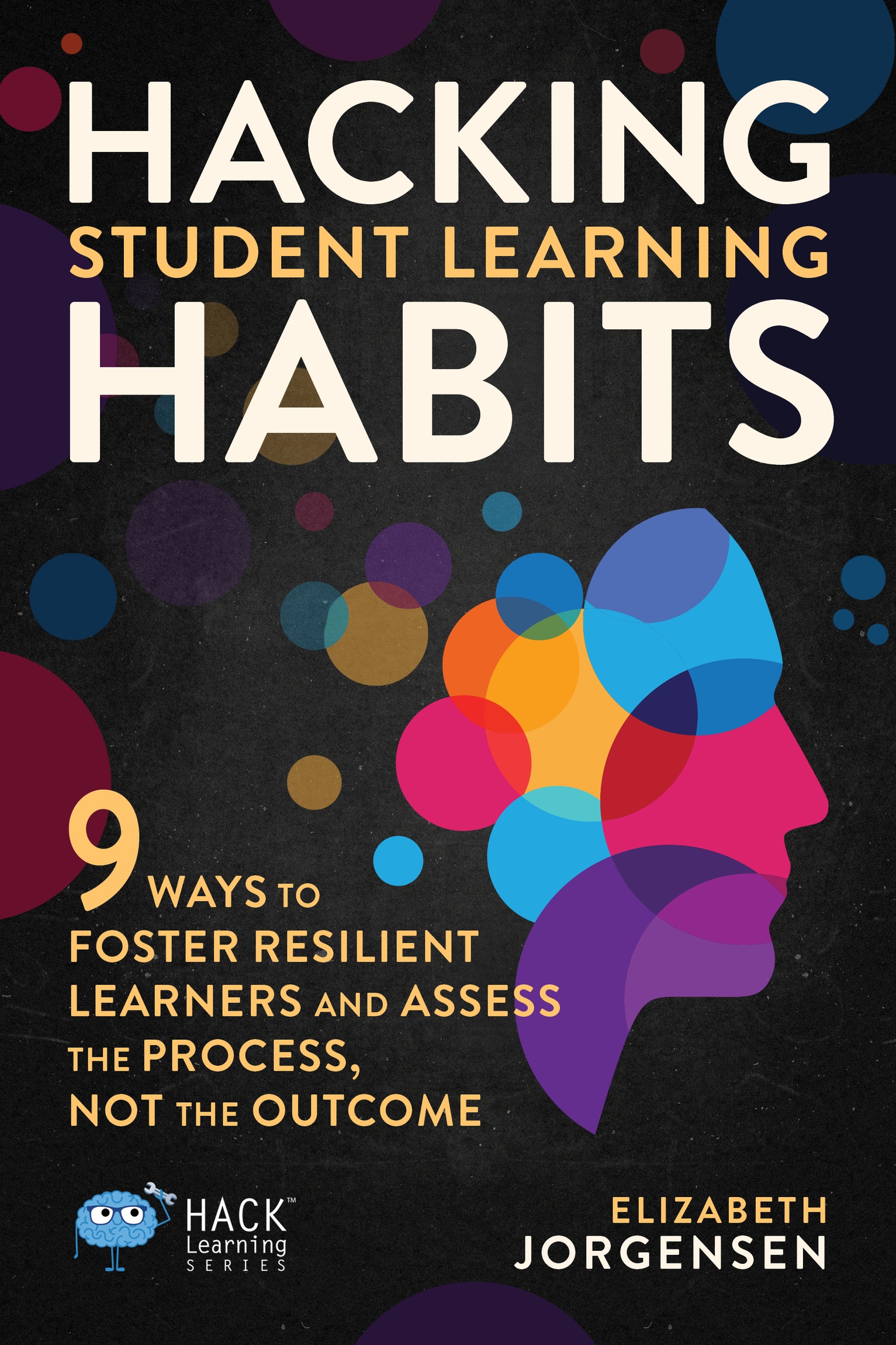Don’t Panic about ChatGPT—Students Still Can Focus on the Process
Jul 21, 2025
Opinion
By Elizabeth Jorgensen
In an article for The Atlantic, Daniel Herman says ChatGPT is “The End of High-School English.” If you’re not familiar, ChatGPT is artificial intelligence that can write—and write well.
A student can ask ChatGPT to compose what they’re looking for and what comes out is, according to Herman, “more than enough to get any student rolling without much legwork.”
There’s been an outcry from my English teacher colleagues. One called it “downright scary.” Another said, “apps like ChatGPT are a threat to writing courses.” The Broken Copier says, “Yes, teachers, you should be panicking about AI.”
But I’m not panicking.
Why?
Because I assess the process, not the outcome.
Even though AI can produce an adequate—and often eloquent—product, my students are assessed on their ability to move through the process of writing.
My creative writing and journalism students come to class each day with a task and a time limit. Today, my students looked at art and studied ekphrasis, absent the pressure of perfection.
There was no aim for eloquence. No focus on mastery. No need for a bot.
I assessed their ability to move through the process of brainstorming and of creating their own verbal representation of Millard Sheets’s Enchanted Island, or Leonora Carrington’s The Saints of Hampstead Heath, or Stow Wengenroth’s House at Port Clyde.
Students looked at the art and jotted down responses to my questions:
“Who are the characters, and what are they saying?”
“What does this piece remind you of?”
“What was happening when the artist created this?”
There were no right or wrong answers but only a productive use of the time we had together.
Process-based assessment necessitates daily practice. In my classes, it requires students to write, share/collaborate with classmates, and receive feedback.
My classes are about cultivating original thoughts, making intentional language choices, adding effective stylistic elements, and evoking emotion.
Although the process will look different in your content area, a process cannot be replicated by a bot.
Process-based assessment is not about handing something in and receiving a grade. Instead, it’s about setting goals, working towards achieving them, and trending upward in efficiency, productivity, or reliability.
Today my students brainstormed and engaged in conversations. Other days, they’ll share papers, essays, short stories, poems, and vignettes with peers and me—not to have it graded but to illuminate an insight, elevate the work, or play with structure.
When teachers circle boxes on a rubric, or scrutinize for errors, they focus on an outcome. ChatGPT is adept at removing errors and producing better outcomes. And as Herman says:
“What GPT can produce right now is better than the large majority of writing seen by your average teacher or professor. Over the past few days, I’ve given it a number of different prompts. And even if the bot’s results don’t exactly give you goosebumps, they do a more-than-adequate job of fulfilling a task.”
What a bot can’t replicate is a student’s daily practice. A bot cannot replace a student’s process.
Technological advancement can bring trepidation and fear. But it can also bring an opportunity to re-evaluate and improve.
As AI evolves, let’s look at the opportunity. To evaluate classroom structures and assessment methods. To modify what’s been done for millennia, starting with how classrooms and curriculum are designed and evaluated. To focus on the process, not the outcome.
There are many lingering issues and I’m not suggesting I have the only answer. But what I am not doing is panicking—because my classroom never focused on outcomes.
For my students and me, it’s always been about process.






